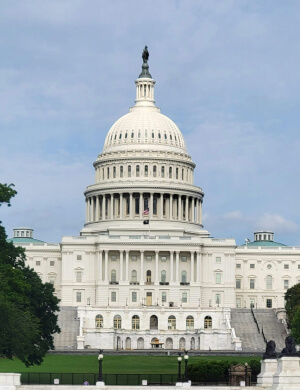
Understanding the key ethical challenges and actionable best practices every freelancer needs to know when working with AI tools and clients is more important than ever.
AI tools have become essential for freelance work, but they've brought ethical questions to the front lines. The World Economic Forum now says that responsible AI use is a core expectation for independent professionals, not just big companies. This shift changes everything for freelancers (source).
Unlike employees at large corporations, freelancers face unique challenges. You're responsible for being transparent about AI-generated work, protecting client data, and ensuring fairness—all without a dedicated ethics team backing you up. The stakes are real, and clients are paying attention.
This article explores the ethical landscape of AI-assisted freelancing and provides practical guidance to help you navigate it with confidence. You'll learn how to use AI responsibly while protecting your reputation and growing your business.
.jpg)
Your clients are asking tougher questions about AI practices. PwC's Responsible AI report shows that clients increasingly want to know about data privacy, bias prevention, and transparency in AI-assisted work. This isn't just corporate speak—it directly affects your ability to win and keep clients (source).
The European Commission's AI Act has set new standards for ethical AI use. These rules require clear disclosures and accountability, even for solo freelancers. Whether you're based in Europe or working with European clients, these standards are becoming the global norm (source).
Harvard Business Review found that ethical lapses in AI-assisted work can seriously damage your reputation and client trust. In freelancing, where referrals drive growth, one ethical mistake can impact your long-term success (source).
Transparency tops the list. The World Economic Forum recommends always disclosing when and how you use AI tools in client work. This means being upfront about which parts of a project involved AI assistance and which didn't (source).
Data privacy comes next. You need to ensure client and end-user data stays secure and complies with regulations like GDPR. This includes understanding what happens to data when you upload it to AI platforms (source).
Bias and fairness present ongoing challenges. The Alan Turing Institute warns that AI-generated content can reflect algorithmic bias. You need to understand these risks and actively work to minimize them in your deliverables (source).
Intellectual property issues are growing more complex. The U.S. Copyright Office is still working through ownership questions around AI-generated assets. You need to navigate these uncertainties while protecting both your work and your clients' interests (source).
.jpg)
The World Economic Forum warns that ethical AI is a moving target. New risks emerge as technology evolves, so your practices need to evolve too (source).
Both PwC and Harvard Business Review stress that freelancers must balance efficiency with responsibility. Taking shortcuts might save time now, but they can cause serious reputational damage later (source).
As AI capabilities grow, you need to be proactive about updating your ethical practices and client communication. The freelancers who get ahead of these issues will have a competitive advantage.
Ethical AI freelancing isn't just about following rules—it's about building trust and long-term success in a rapidly changing landscape. By adopting clear, responsible practices, you'll position yourself as a trusted partner for clients navigating the future of AI-assisted work.
The freelancers who lead with integrity in this new world of AI will be the ones who thrive. Are you ready to be one of them?
.jpg)




.jpg)
.jpg)




.jpg)
Subscribe to our newsletter for expert insights, practical strategies, and emerging trends designed to help you build an AI-proof career. Stay informed, stay relevant, and future-ready.